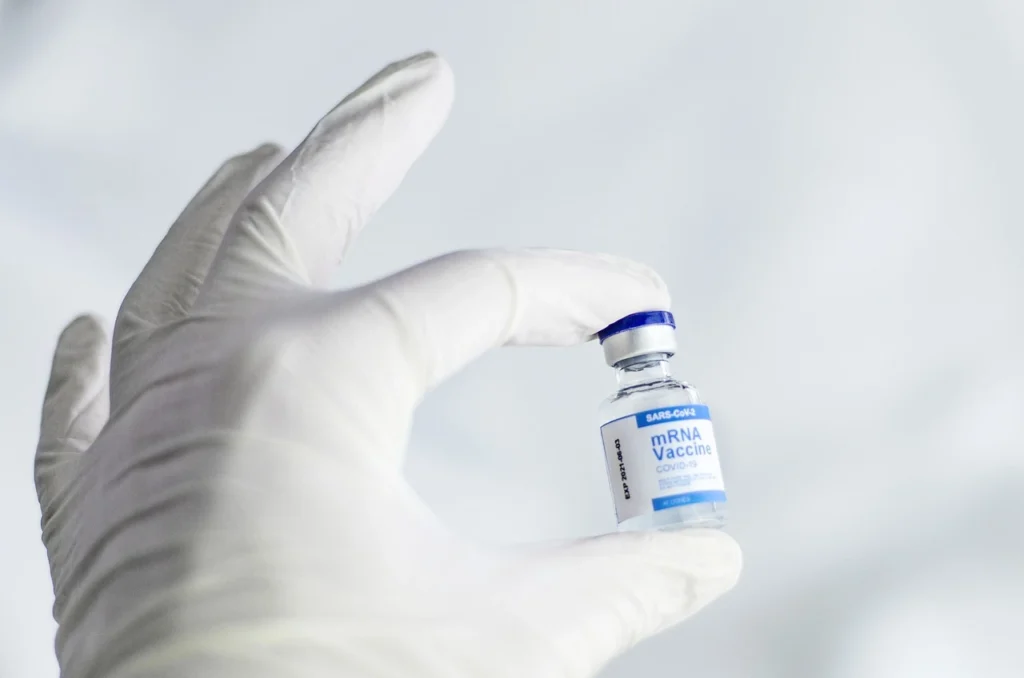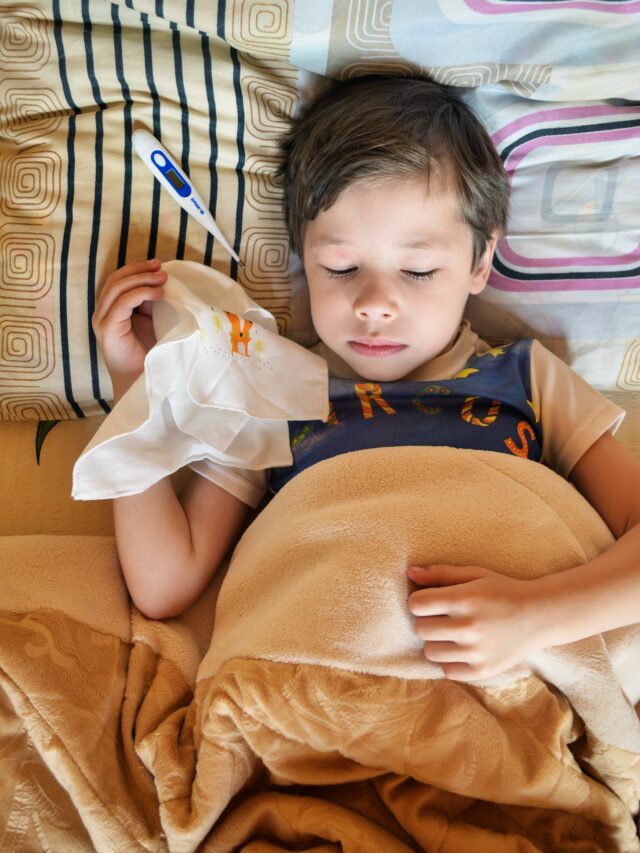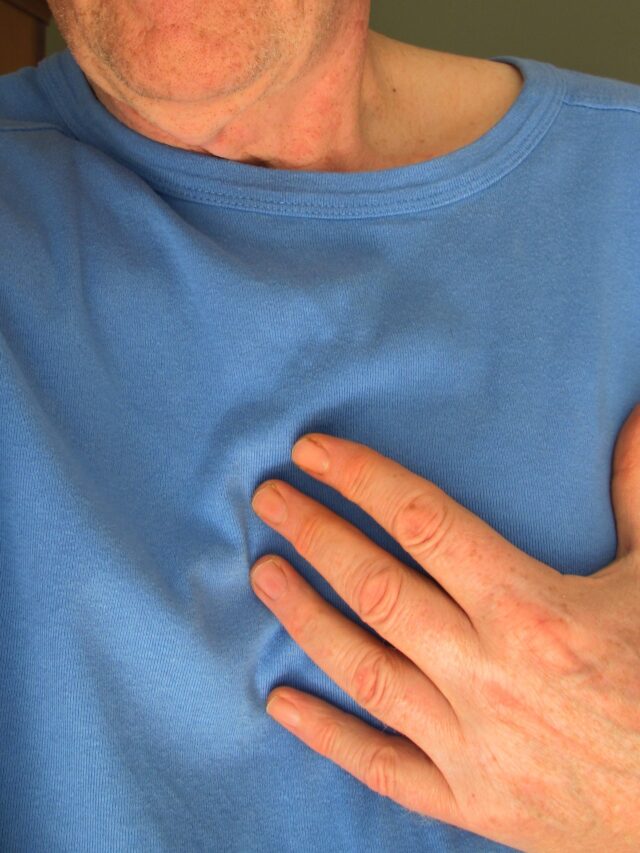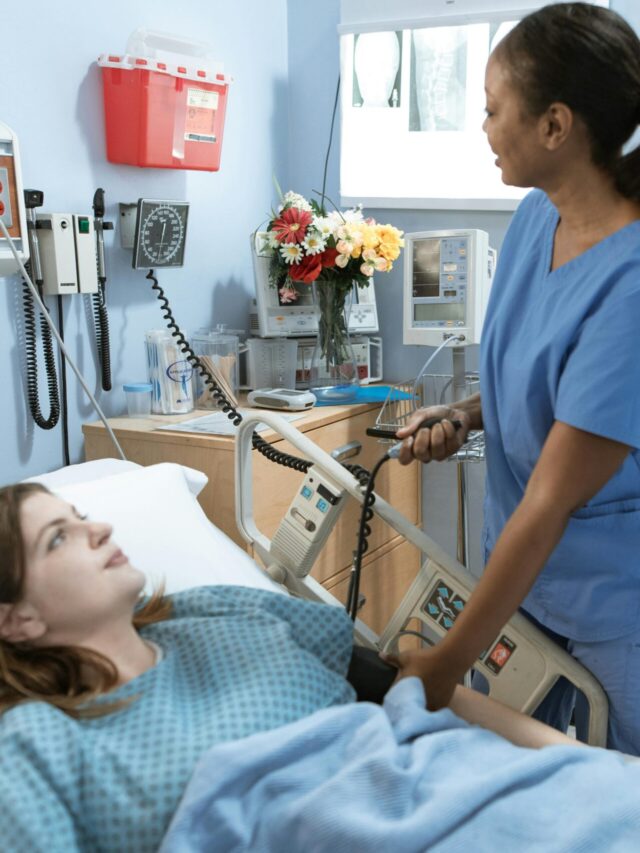Vaccines 4 types, important uses, immunization schedule and anti-Vaccination group misinformation spread are discussed below which can help you understand why vaccines are important.
WHAT IS A VACCINE-
Vaccines are products that are made to strengthen the immunological system of human beings so that our bodies can fight against foreign bodies.
DR EDWARD JENNER discovered the world’s first vaccine which was for smallpox.
They are used to provide active immunity against the infective organism whereas antisera are used to provide passive immunization.
Active immunity – It is a type of immunity in which the vaccine is administered to the person and this vaccine act as an antigen which then triggers the body to produce antibody against it. This is defined as Active immunity.
Passive immunity- Antisera already contains antibodies produced in another person or animals who are already immunized. So it is taken from the immunized person or animal and transferred to the person who needs it.
Active immunity is better than passive immunity because active immunity lasts longer.
Active immunity takes at least a week before starting its protective function. Passive immunity provided by antisera starts functioning from day 1. This is one of the drawbacks of active immunity.
Patients with immuno-compromised status require passive immunity because active immunity doesn’t produce enough antibodies to protect them from infections.

TYPES OF VACCINES-
FOUR TYPES OF VACCINES ARE AS FOLLOWS-
- KILLED TYPE- It is produced by killing the microorganism at a high temperature or by chemicals. This type of vaccine produces short-lasting immunity and booster dosages are required after a few months.
- LIVE ATTENUATED TYPE- These vaccines consist of live microorganisms like bacteria and viruses which are made less infective and are injected into the body after the transmission in the body, the immune system of the person reacts against this microorganism and immunity is developed by this process.
- TOXOID- Exotoxins are proteins which are secreted by the bacteria and are very dangerous. Toxoids are exotoxins which are made less toxic by chemicals so that they can be used as vaccines.
- COMBINED TYPE- These are combination types such as DPT( DIPHTHERIA, PERTUSSIS, TYPHOID), and Pentavalent types ( DPT, Hepatitis B, and influenza).
BACTERIAL VACCINES-
KILLED BACTERIAL Types – Typhoid paratyphoid , cholera, Meningococcal, Influenza, whooping cough
LIVE BACTERIAL TYPE – BCG VACCINATION for tuberculosis.
VIRAL TYPES–
KILLED VIRAL TYPES – Rabies, Inactivated Poliomyelitis (IPV), Hepatitis A, B.
LIVE VIRAL TYPES- Oral poliomyelitis vaccines, Varicella, MMR ( Mumps, measles, rubella)
TOXOID – Diphtheria, Tetanus.
COMBINATION- DPT, MMR, PENTAVALENT VACCINATION.
USES OF VACCINES WITH ROUTE OF ADMINISTRATION-
BACTERIAL TYPES-
- TYPHOID AND PARATYPHOID A and B- It is used against Salmonella typhi and para typhi. Different types of these vaccination are available of which some are injectable while some are available as oral drops.
- WHOPPING COUGH (PERTUSSIS) vaccine- It contains killed pertussis organisms which can be given subcutaneously or intramuscularly. It is given to infants and children’s below 5 years of age as whooping cough is not common in children after 5 years of age.
- HAEM0PHILUS INFLUENZA TYPE B- It is used to immunize children against H.influenzae meningitis and pneumonia.
- BCG VACCINATION- Bacillus Calmette-Guerin vaccine is a live vaccine for the prevention of Tuberculosis. It is given intracutaneously in the left arm deltoid muscles.
- MENINGOCOCCAL VACCINATION- It provides protection against N.meningitidis which are known to cause meningitis.
VIRAL TYPES-
- POLIOMYELITIS- It comes in two forms – Oral polio vaccine (OPV) and Inactivated poliomyelitis (IPV). OPV is a live vaccine that has a dose of 2 drops and is used in children. IPV is in adults only who are at risk and immunocompromised patients.
- INFLUENZA VACCINATION- It contains live and inactivated influenza virus which produces immunity after it is transferred in the person. It is indicated in high-risk patients because vaccine results are different in different individuals.
- RABIES- It is of 4 types but mostly PCEV, HDCV, and PVRV are used. After the animal bites any one of the three mentioned vaccination can be given at 0,3,7,14,30 and 90 days to prevent the spread of rabies. These vaccines take 14 days to start providing immunity, so it is advised by doctors to give rabies immunoglobulin to patients with severe bites.
- HEPATITIS B VACCINATION- It is given at 0, 1, and 6 months intramuscularly in the deltoid region.
- MMR VACCINATION- These are combined vaccines that are used for protection against measles, mumps, and rubella virus. It is given subcutaneously in the deltoid muscle of the right hand.
TOXOIDS-
- TETANUS TOXOID- It is available in two forms which are – FLUID AND ADSORBED forms. The adsorbed form is superior and given two injections with a gap of 4 weeks between the two for primary immunization.
- DIPTHERIA TOXOID- It is given to children under the age group of 6 years to prevent diphtheria.
Importance Of Vaccine-
Anti-Vaccination Group spreading Misinformation-
Anti-Vaccination group especially social media influencers are frequently spreading misinformation regarding the dangers of vaccination and trying to convince people that they should not get vaccinated.
These movements are very dangerous for the small children as the parents who get influenced by these influencers avoid going to hospitals to get their children vaccinated.
This can lead to spread of many disease which can be easily controlled through vaccination.
According to WHO ( world Health Organization), children’s who received vaccination according to the immunization were able to survive against many life threatening diseases compared to children who did not get vaccinated.
Vaccines are developed from scientific and medical research and many evidence are in support of the positive impact on the health.
It is always a good practice to get advice from your doctor regarding vaccination and avoid listening to Anti-Vaccination groups.
IMMUNIZATION SCHEDULE-
- AT BIRTH- BCG, OPV (FIRST DOSE) and HEPATITIS B
- AT 6 WEEKS- OPV, HEPATITIS B, AND DPT
- AT 10 AND 14 WEEKS – DPT AND OPV
- AT 6 MONTHS – HEPATITIS B
- AT 9 MONTHS- MEASLES
- AT 15-18 MONTHS- DPT, MMR, AND BOOSTER DOSE OF OPV
- AT 4 YEARS- TYPHOID
- AT 10 YEARS – TETANUS TOXOID.
- AT 16 YEARS – TETANUS TOXOID
- FOR PREGNANT WOMEN- TETANUS TOXOID IS GIVEN IN TWO DOSES. THE FIRST DOSE IS AT 16 TO 24 WEEKS AND THE SECOND DOSE AT 24 TO 34 WEEKS.
SUMMARY:
Vaccinations are life-saving medicines that are mostly given to a particular age group and with proper guidance and as prescribed by the doctors.
They are kept at a particularly low temperature and should be given by the doctor or other trained medical staff only.
They can produce some rare side effects so it is better to advise the patient to take these injections or drops at the hospital only, As hospitals have emergency medicines that can be given to the patient who develops any side effects.
They are not given during corticosteroid or antibiotic therapy because these medicines can hamper their effect.
Doctors generally keep adrenaline injections ready during vaccination to prevent and control allergic reactions after vaccination.
Immunization schedule should be followed properly by the parents and also hospitals , so that the immunization date is not missed.
Always remember that vaccines keeps you safe and have very rare side effect and always take vaccines at the doctor’s recommendation only.
STAY HEALTHY AND SAFE.






